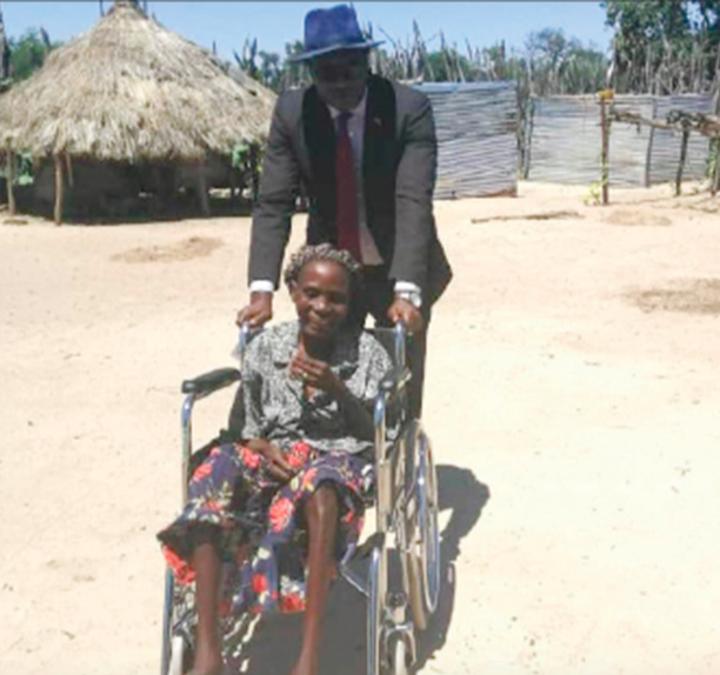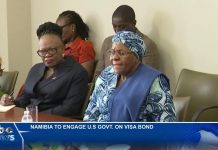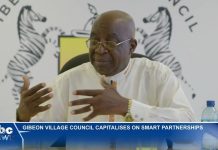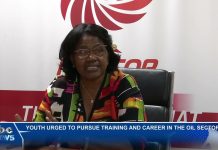Africa-Press – Namibia. THE Ohangwena region accommodates about 19 242 people with disabilities.
This is equivalent to 7% of the region’s population. Ohangwena regional health director Johannes Hango revealed these figures on Wednesday. He said the Engela district has the highest number of people with disabilities, amounting to a total of 11 931, followed by the Eenhana district with 5 211, and the Okongo district with 2 100.
“These may not be the exact figures, because some people are not brought forward to the ministry,” Hango said. He said the region has listed about 100 people with disabilities who are in need of wheelchairs.
“We are currently updating the list as we always do at the beginning of the year to see if there are still people,” he said.
The director said the most common type of disability in the region is physical disability, such as the amputation of the lower limbs due to war injuries, road accidents, or strokes as a result of lifestyle diseases.
“There are also the visiually and hearing impaired, as well as albinism that is common in our region, as well as mental and neurological effects, such as that of poliomyelitis, cerebral palsy, and epilepsy,” he said.
Hango said many people in the region have mental disabilities due to substance abuse. The Ohangwena region has three district hospitals with rehabilitation centres, he said.
He said the region does not have a psychiatrist, which is why severe psychiatric cases are referred to the Oshakati Intermediate Hospital. “Donated and other devices are distributed free of charge,” he said. Hango said some families are still not forthcoming about members with disabilities.
“This is really detrimental to the health of the person with the disability. The government has a social grant to give these people, so if you do not inform the officials, the hospital or health authority will not know someone at a certain house needs help,” he said.
“I therefore strongly and humbly request the caretakers of people with disabilities to provide this information so that these people can be helped,” he said.
Hango said members of the public must visit their nearest clinic, hospital, school or councillor’s office to report family members with disabilities. He warned those entrusted with the social grants of people with disabilities not to abuse the funds.
“These people must stop and help their people. We have a caring government with good programmes to assist its people, but we also have corrupt family members who are just using the money for their own needs,” he said.
Hango said an assessment needs to be done so that culprits could be brought to book. “Social grants have become a business for some people. They come and almost force doctors to register or approve their applications,” he said.
“We also have cases where the families avoid bringing a child back for an assessment, because they fear their grant may be withdrawn,” he said.
The director urged the community to always report issues pertaining to the need for assistance of people with disabilities. “The stigmatisation of people with disabilities is still rife in society. Disability is not inability,” Hango said.
For More News And Analysis About Namibia Follow Africa-Press






